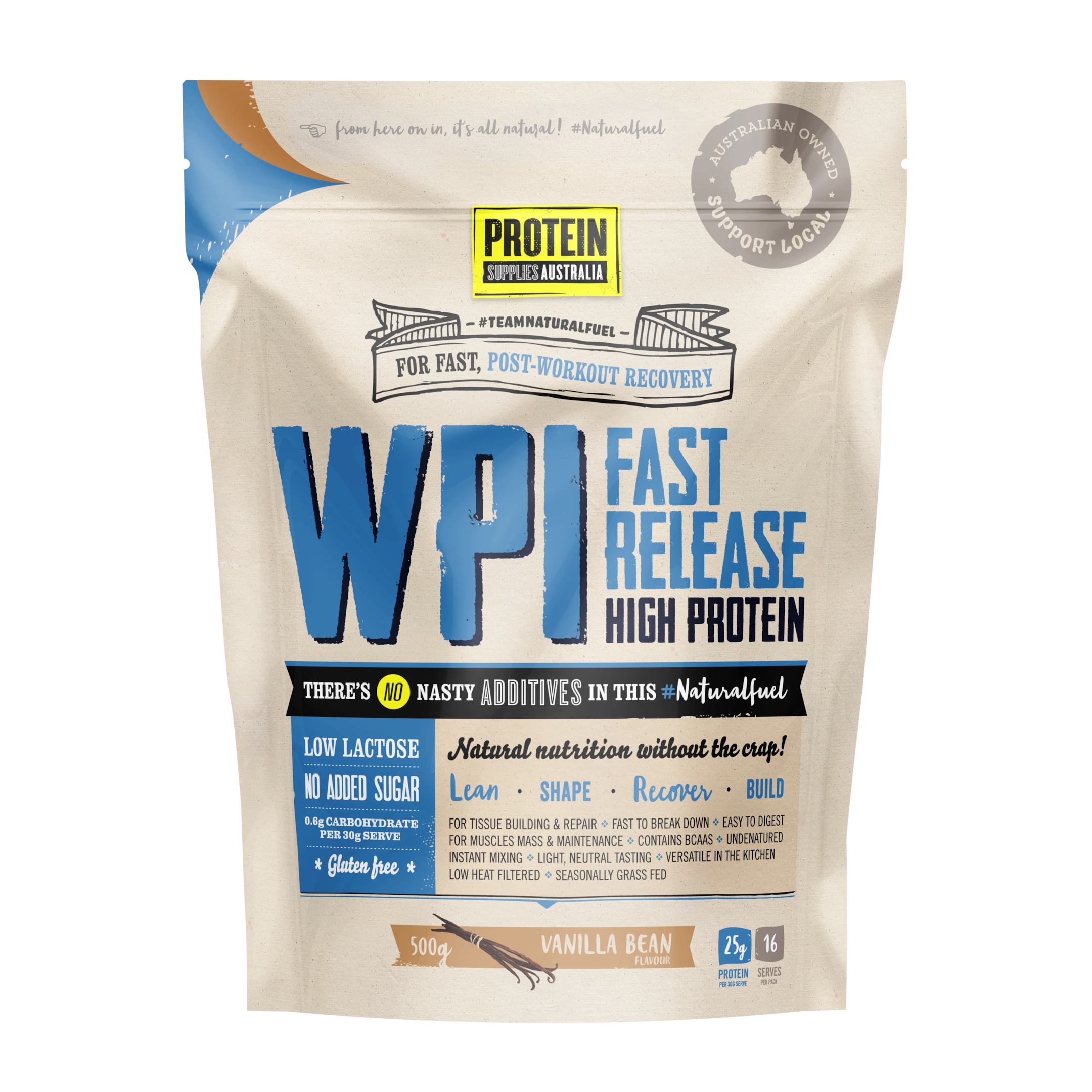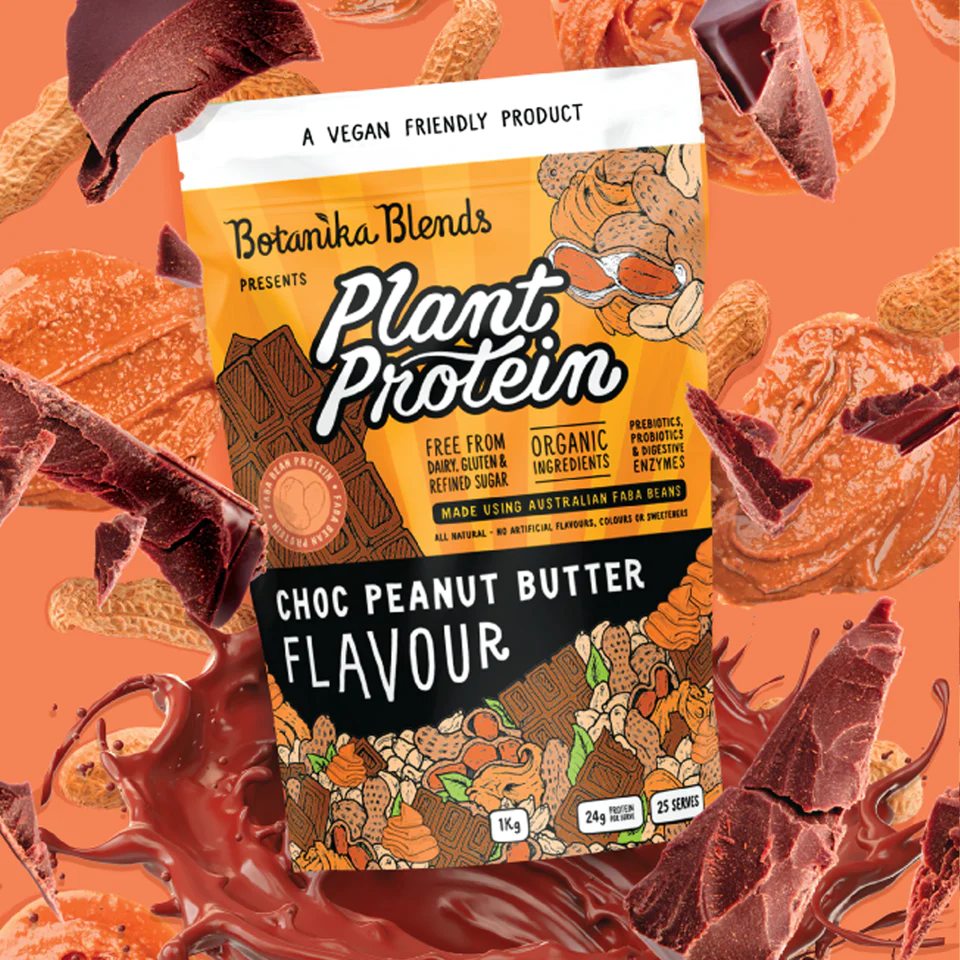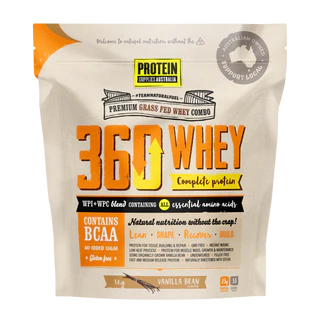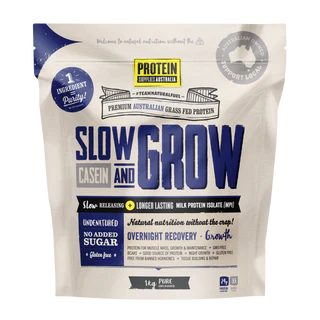protein powder benefits
Protein powder, a dietary supplement embraced by athletes, fitness enthusiasts, and health-conscious individuals alike, has surged in popularity over the years.
This versatile supplement offers a range of benefits, from muscle gain and weight loss to improved nutritional intake.
This article delves into the effectiveness, pros and cons, and health implications of incorporating protein powder into your daily regimen.
Protein powder is not just a supplement; it’s a versatile, concentrated source of protein that plays a crucial role in nutritional strategies, fitness routines, and dietary plans for individuals across the globe.
Extracted from a variety of animal and plant sources, these powders are designed to cater to the diverse needs and preferences of people from all walks of life.
Animal-Based Proteins
Among the most popular animal-based proteins are whey and casein, both of which are derivatives of cow’s milk.
Whey protein, in particular, is celebrated for its rapid absorption rate, making it a favorite among athletes and fitness enthusiasts for post-workout recovery. It’s rich in all the essential amino acids required by the body, including a high level of leucine, which is critical for muscle protein synthesis.
Casein, on the other hand, is digested more slowly, providing a sustained release of amino acids into the bloodstream. This makes it an ideal choice for consumption before periods of fasting, such as before sleep, to help maintain muscle mass and aid in recovery throughout the night.
Plant-Based Proteins
The rise of dietary restrictions and preferences, such as veganism and lactose intolerance, has led to an increased demand for plant-based protein powders. Soy protein is a complete protein, providing all essential amino acids and offering benefits similar to its animal-based counterparts. Pea protein has emerged as a highly digestible, hypoallergenic option, rich in BCAAs (branched-chain amino acids) vital for muscle building and recovery.
Hemp protein, derived from cannabis seeds, offers a rich profile of omega-3 and omega-6 fatty acids, contributing to heart health and inflammation reduction. Rice protein, though slightly lower in the amino acid lysine, is often combined with other plant proteins to create a complete amino acid profile, making it a viable option for muscle repair and growth.
The Role of Protein Powder in Muscle Gain and Weight Loss
The incorporation of protein powder into one’s diet can significantly impact muscle gain and weight loss efforts, offering a practical solution to meet increased protein demands.
Muscle Gain
For muscle gain, the relationship between protein shakes and resistance training cannot be overstated. Resistance training triggers muscle protein synthesis, while the amino acids provided by protein shakes enhance this process, leading to muscle growth and improved physical performance.
The convenience and efficiency of protein powders make them an ideal supplement for athletes and gym-goers looking to maximize their gains.
Studies have consistently shown that participants engaging in regular weight training and consuming protein supplements experience notable improvements in muscle strength and size. This synergy between exercise and protein intake is key to optimizing body composition and athletic performance.
Weight Loss
When it comes to weight loss, the benefits of a high-protein diet are multifaceted. By increasing satiety and reducing overall caloric intake, protein powders can play a pivotal role in a weight management strategy. The effect of protein on hormones responsible for hunger and fullness—PYY, GLP-1, and ghrelin—helps to naturally reduce appetite and extend feelings of fullness, making calorie restriction more manageable.
Moreover, the thermic effect of protein (the energy required for digestion, absorption, and metabolization of nutrients) is higher than that of fats and carbohydrates. This means that consuming protein can actually increase the number of calories you burn throughout the day, contributing to a calorie deficit and, consequently, weight loss. Additionally, protein aids in preserving lean muscle mass during weight loss, ensuring that the weight being lost is predominantly fat.
The strategic use of protein powders, when aligned with a balanced diet and exercise routine, can significantly enhance muscle gain and weight management efforts. Whether derived from animal or plant sources, these supplements offer a convenient, efficient way to meet the body’s protein requirements, supporting overall health and fitness goals. With a wide range of options available, individuals can select a protein powder that best fits their dietary preferences, lifestyle, and health objectives, making it a valuable tool in their nutritional arsenal.
Step Up Your Game with the Premier Sport Supplements
Pros and Cons of Protein Powder
Pros
-
Weight Management: Protein helps maintain a healthy weight by increasing fullness and reducing appetite. It’s particularly beneficial for breakfast, setting the tone for a satiated and nutritionally balanced day.
-
Muscle Growth and Preservation: Essential for weightlifters and older adults alike, protein supplements support muscle gain and prevent muscle loss, mitigating the risk of injury and promoting overall physical health.
-
Convenience and Versatility: Available in various flavors, protein powder can be easily incorporated into smoothies, baked goods, and other recipes for a nutritious protein boost on the go.
Cons
-
Potential Contaminants: Studies have found that some protein powders may contain heavy metals and other contaminants. Opting for third-party tested products can mitigate these risks.
-
Excessive Protein Intake: Overconsumption of protein, particularly from supplements, can lead to health issues, including kidney stress and bone density problems. It’s crucial to balance protein intake with other nutrients for overall health.
-
Cost: High-quality protein powders can be expensive compared to whole food protein sources. Budget-conscious individuals may need to weigh the cost against the benefits.
Selecting the Right Protein Powder
Choosing the most suitable protein powder is a critical step towards achieving your health and fitness objectives.
This decision should be informed by a thorough understanding of your unique dietary needs, fitness goals, and any specific food allergies or sensitivities you may have.
Assess Your Dietary Needs and Fitness Goals
The first step in selecting the right protein powder is to assess your dietary needs and fitness goals. Are you looking to build muscle, lose weight, or simply ensure you’re meeting your daily protein requirements? Different types of protein powders are tailored to different needs.
For instance, whey protein is often favored by those looking to build muscle due to its high biological value and rapid absorption rate. On the other hand, someone following a vegan diet might opt for a plant-based protein like pea or hemp.
Consider Any Food Allergies or Sensitivities
Food allergies and sensitivities are another critical factor to consider. Those with lactose intolerance may need to steer clear of whey and casein proteins, both derived from milk.
Plant-based proteins, such as soy, pea, or rice, can be excellent alternatives for individuals with dairy allergies or those following a vegan diet.
Look for Third-Party Tested Products
The quality and safety of the protein powder are paramount. Opting for products that have undergone third-party testing can provide peace of mind regarding the purity and accuracy of the ingredient list.
Third-party certifications can also ensure that the product does not contain harmful levels of contaminants, such as heavy metals, which have been found in some protein powders.
Analyse the Type of Protein, Sweeteners, and Additional Ingredients
The type of protein is a fundamental aspect to consider, but so are the sweeteners and other additional ingredients used in the powder. Some products may contain artificial sweeteners, colors, or fillers that some individuals prefer to avoid. Natural sweeteners like stevia or monk fruit extract can be preferable for those looking to minimize artificial additives in their diet.
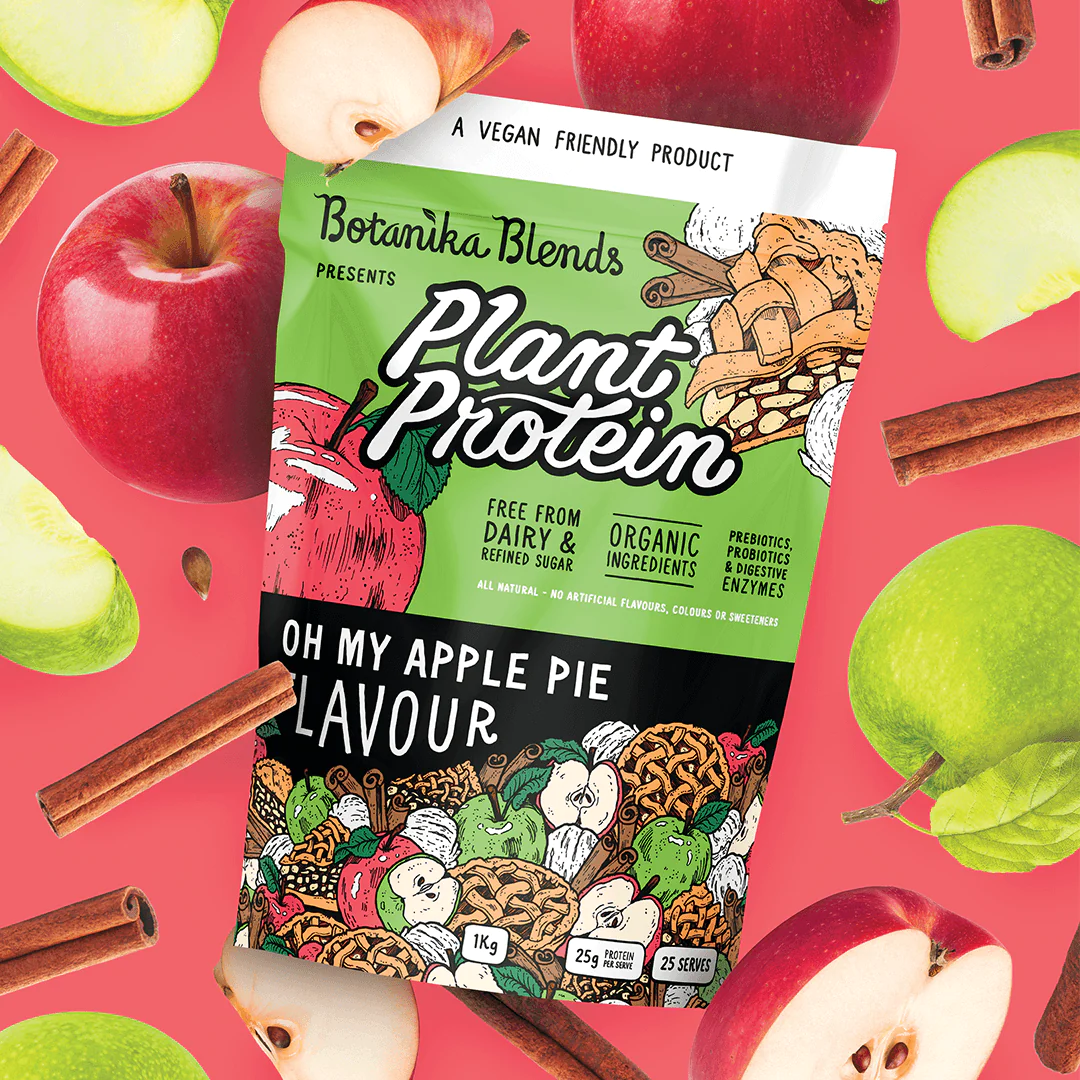
Moreover, some protein powders are fortified with additional vitamins and minerals, fiber, or specific amino acids to support overall health. While these enhancements can offer added benefits, it’s important to ensure they align with your dietary needs and do not lead to excessive intake of certain nutrients.
High-Protein Foods vs. Protein Powders
While protein powders provide a convenient and efficient way to increase your protein intake, they should not be viewed as a complete replacement for whole foods. Whole foods offer a complex nutritional profile that includes not only protein but also essential vitamins, minerals, and other nutrients necessary for optimal health.
The Value of Whole Foods
Whole foods such as chicken, fish, beans, and dairy products provide a rich source of protein along with a synergy of other nutrients. For instance, fish not only provides high-quality protein but also omega-3 fatty acids beneficial for heart health. Beans and legumes offer fiber in addition to protein, supporting digestive health and satiety.
Balancing Protein Sources
For most people, a balanced diet that includes a variety of whole foods can meet daily protein needs. However, there are situations where protein powders can serve as a valuable supplement. This includes individuals with heightened protein requirements due to intense training, those with dietary restrictions that make it challenging to consume enough protein through food alone, and individuals seeking to lose weight while preserving lean muscle mass.
Integrating Protein Powders and Whole Foods
Incorporating a mix of whole foods and protein powders can be an effective strategy for meeting your protein needs while also ensuring you’re getting a broad range of other essential nutrients. Using protein powders to supplement your diet rather than replace whole food sources allows for greater nutritional balance and supports overall health and wellness.
In conclusion, selecting the right protein powder requires careful consideration of your dietary needs, fitness goals, and any food allergies or sensitivities. While protein supplements can play a valuable role in meeting increased protein requirements, they should complement, not replace, a diet rich in whole foods. By making informed choices and balancing your sources of protein, you can support your health and fitness objectives effectively.
Step Up Your Game with the Premier Sport Supplements
FAQ: protein powder benefits
What are the primary benefits of protein powder?
Protein powder, especially whey protein, aids in muscle growth and repair. It serves as a convenient, high-quality protein source.
Is daily consumption of protein powder recommended?
Yes, incorporating it into your daily diet can help fulfil protein requirements, supporting muscle maintenance and body weight management.
Can protein powder be beneficial without exercising?
Certainly, it’s useful for meeting daily protein goals, though combining it with physical activity maximises benefits.
How does protein powder assist in weight management?
By promoting muscle mass and aiding in fat loss, protein powders can play a crucial role in a weight loss strategy.
What is the optimal time to use protein powder?
Consuming it post-workout is ideal for muscle recovery, but it’s also effective throughout the day to maintain adequate protein levels.
Are there any downsides to consuming protein powder?
Potential cons include digestive issues and, in some cases, the presence of unwanted additives or heavy metals.
Does protein powder significantly impact muscle gain and recovery?
Yes, it is effective for suepporting muscle repair, growth, and as a convenient supplement to meet dietary protein needs.
What distinguishes protein shakes from other protein sources?
Protein shakes provide a quick and efficient way to supply the body with essential amino acids necessary for muscle building and overall health.
Is it necessary to supplement with protein powder?
While not essential for everyone, it can be particularly helpful for individuals struggling to meet their protein requirements through diet alone.
What are the healthiest types of protein powder?
Whey, pea, and rice protein are among the top choices, with pea protein being an excellent option for those seeking plant-based alternatives.
How does protein supplementation fit into a healthy diet?
When used appropriately, protein supplements can enhance dietary protein intake, supporting muscle health, recovery, and nutritional goals.
What should be considered when integrating protein powder into your diet?
It’s important to choose high-quality products and use them as part of a balanced, nutritious diet to support health and fitness objectives.
Conclusion: protein powder benefits
Protein powders can indeed serve as a beneficial supplement to a balanced diet, particularly for individuals striving to augment muscle growth, facilitate weight loss, or fulfill elevated protein requirements. However, recognizing the potential downsides is crucial, emphasizing the importance of opting for high-quality, rigorously tested products. Protein supplements are intended to enhance, not substitute, a nutrient-dense diet composed predominantly of whole foods. Whether your objective encompasses weight management, muscle development, or simply securing sufficient protein consumption, integrating an appropriate protein powder into your dietary regimen can significantly contribute to realizing your health and fitness aspirations.
To ensure you’re choosing the best on the market, why not explore our range of supplements from Protein Supplies Australia and Botanika Blends? Each brand is committed to delivering premium, ethically sourced ingredients designed to support your lifestyle and fitness goals. Discover the difference that high-quality, meticulously crafted protein supplements can make in your journey towards optimal health and performance. Visit us today and take the first step towards enhancing your nutrition with Protein Supplies Australia and Botanika Blends.

